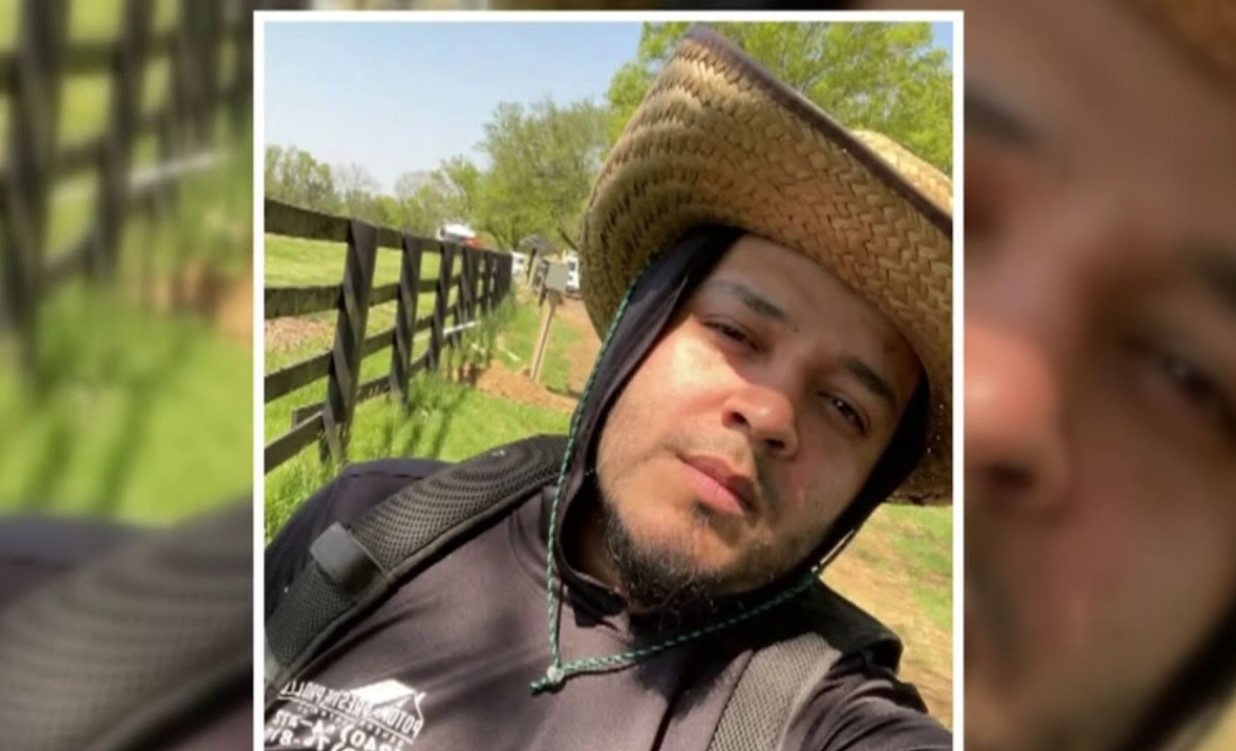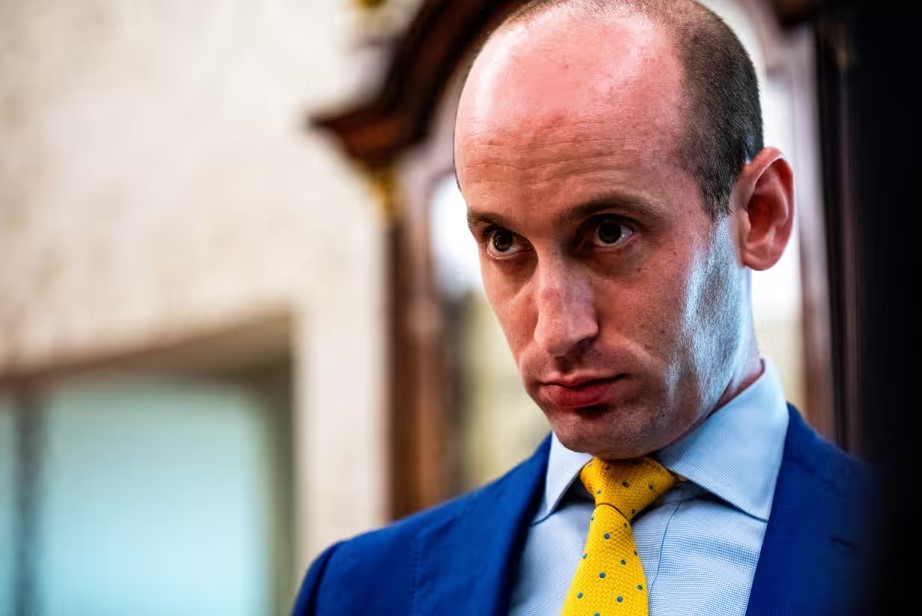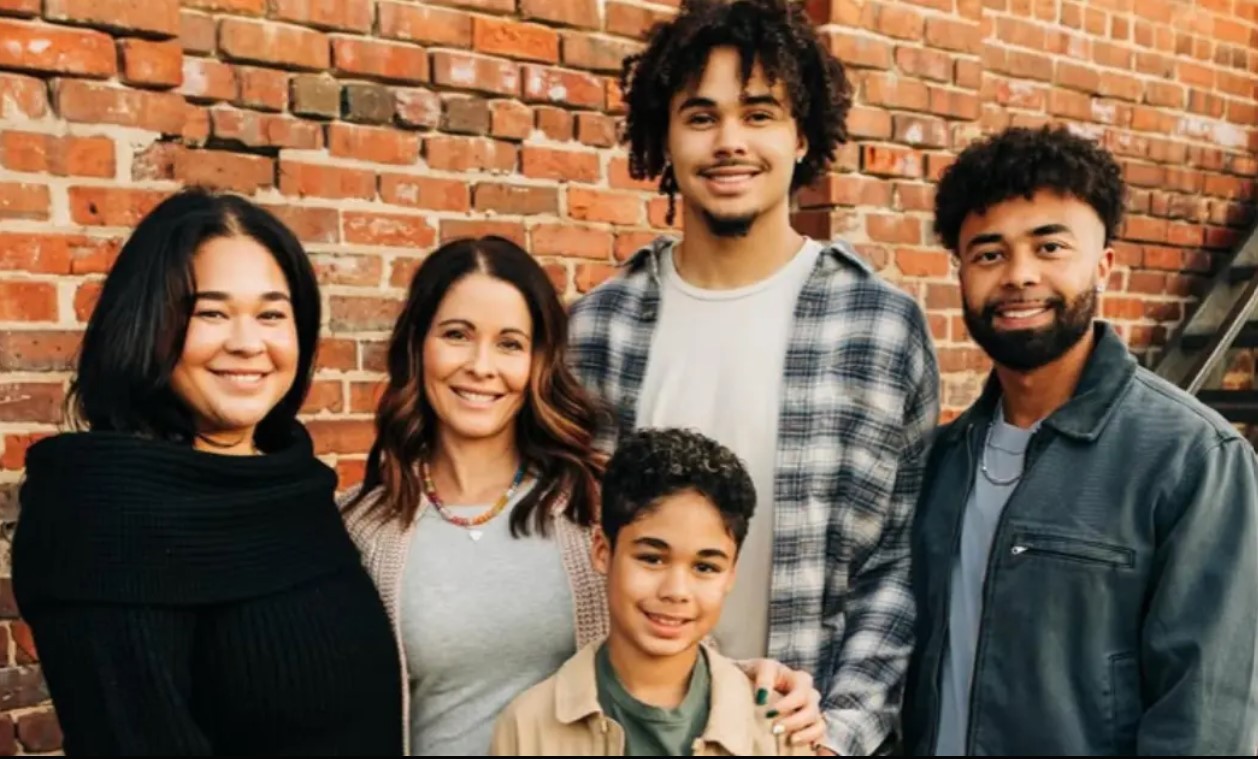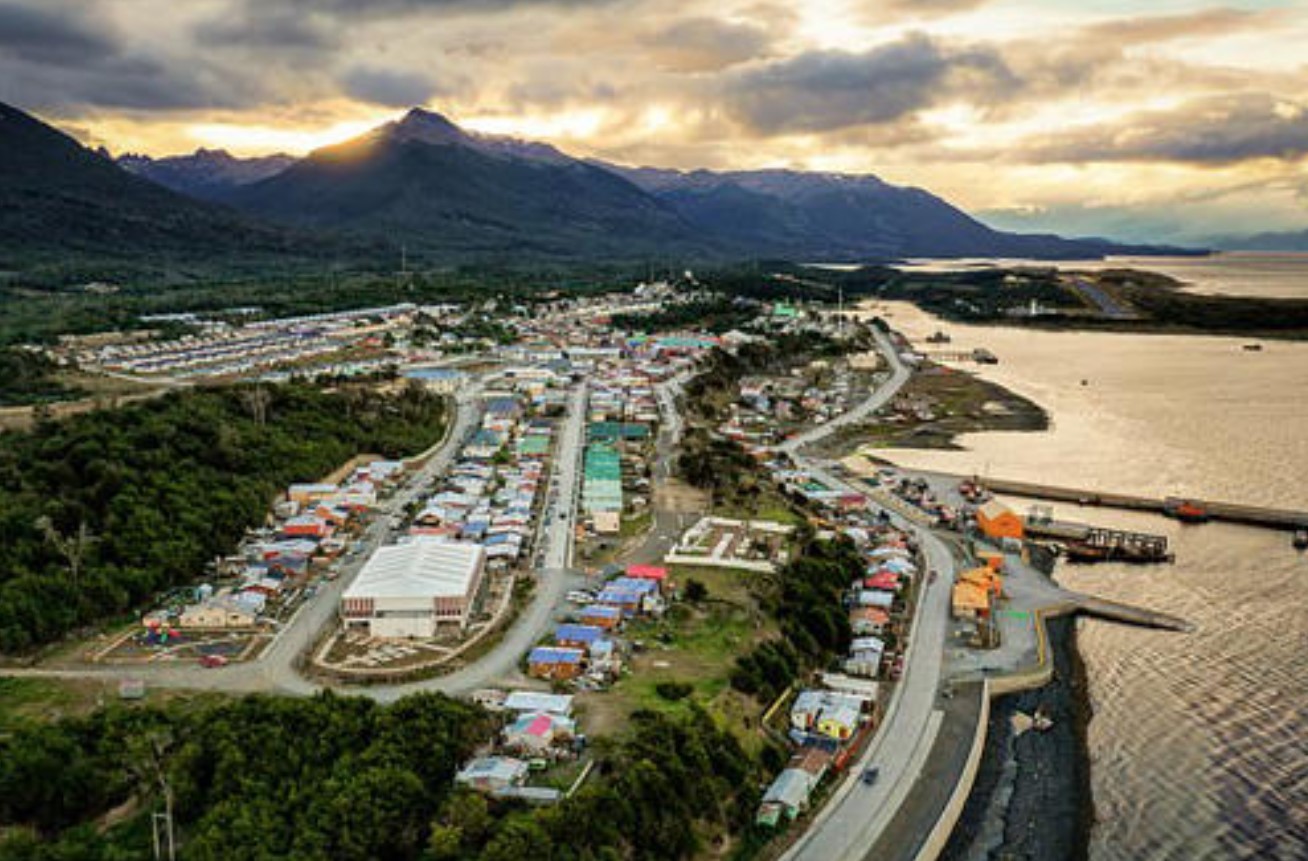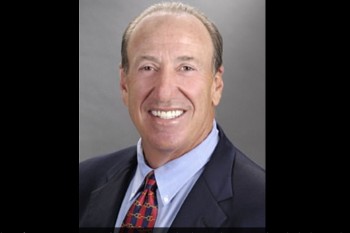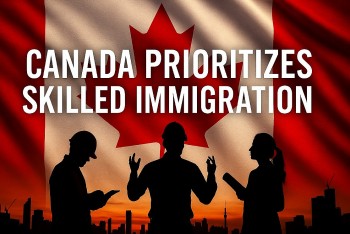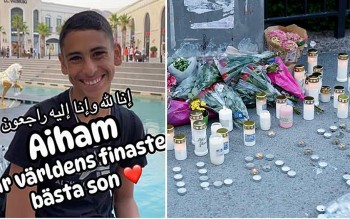Latino Heritage Festival in Washington, Iowa Canceled Over Fears of ICE Raid
 List of Cities And States Where ICE Raids, Arrests are Taking Place List of Cities And States Where ICE Raids, Arrests are Taking Place |
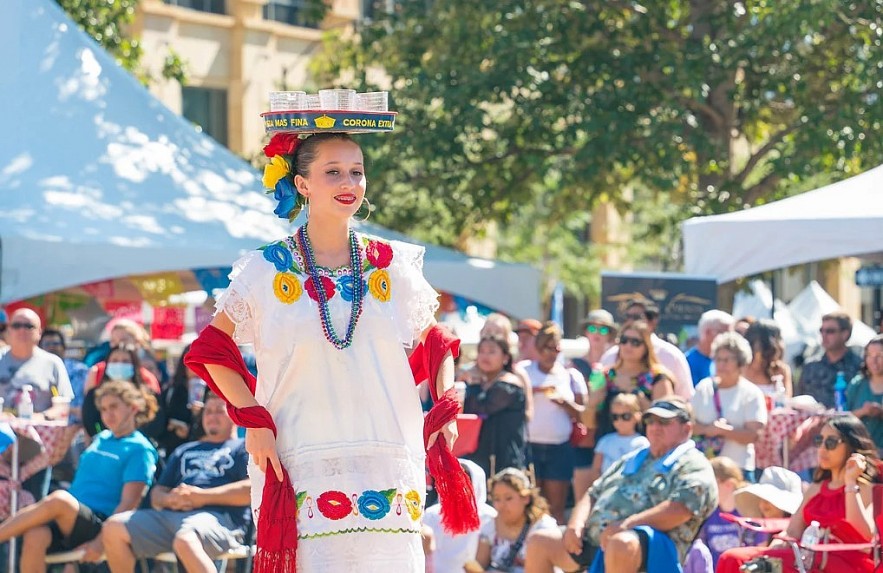 |
| Latino festival cancelled by Iowa organizers out of fear of mass ICE deportations |
Organizers in the small town of Washington, located in southeast Iowa, have made the difficult decision to cancel their annual Latino Heritage Festival following widespread fears of a potential U.S. Immigration and Customs Enforcement (ICE) raid.
The move has sparked concern among civil rights advocates and members of the local immigrant community, who say the cancellation reflects growing anxiety among Latino families — even during peaceful cultural celebrations.
The Latino Heritage Festival, typically held each spring, is a hallmark event in Washington. Hosted by the nonprofit group Latinos for Washington, the festival honors Hispanic and Latino culture with traditional food, live music, folkloric dance, local artisan booths, and community outreach activities. Over the years, it has become a popular event drawing residents from across Washington County and beyond.
But this year, that celebration will not take place.
What Is the Latino Heritage Festival in the U.S.?Latino Heritage Festivals are community-driven cultural events held across the United States to celebrate the contributions, traditions, and identities of Hispanic and Latino Americans. Typically organized during Hispanic Heritage Month (September 15 to October 15), these festivals showcase the rich diversity of Latin American cultures through music, dance, traditional foods, art, and educational activities. Each festival is shaped by its local community — some highlight specific national cultures (like Mexican, Guatemalan, or Colombian), while others bring together a pan-Latino experience. They also serve a civic function: many include voter registration drives, immigration resource booths, and health screenings, making them both cultural celebrations and access points for underserved communities. In places like Washington, Iowa, where Latino populations are growing but still underrepresented, these festivals are especially significant. They create visibility, promote inclusion, and offer younger generations a connection to their heritage in a public, positive way. |
Organizers Speak Out: “We Couldn’t Risk Our Community’s Safety”
Sonia Leyva, president and co-founder of Latinos for Washington, said organizers were forced to cancel the event after receiving multiple reports from community members about a rumored ICE presence.
"People started coming to us saying they heard there would be an immigration sting at the festival," Leyva told local media. "Even though we couldn’t confirm anything officially, the fear was real. We had to think about the undocumented families who might be targeted. We couldn’t risk it."
Leyva added that the decision was made with a heavy heart, but out of a duty of care to the community — many of whom are mixed-status families, with U.S. citizen children and undocumented parents.
Fear of Immigration Enforcement Persists — Even Without Confirmation
As of this publication, there is no public confirmation from ICE or the Department of Homeland Security about any scheduled enforcement action in Washington, Iowa. However, past experiences in other towns have shown that rumors alone are often enough to cause panic in immigrant communities.
This dynamic — in which the mere possibility of enforcement can dismantle civic events — is not unique to Washington. Across the United States, festivals, school events, and even church services in immigrant-rich communities have seen drops in attendance or cancellations amid fear of ICE raids.
“These events should be places of safety, culture, and unity — not places of fear,” said Ricardo Martinez, an immigration attorney based in Des Moines. “Whether or not an ICE raid was truly planned, the fact that communities feel unsafe gathering publicly is a sign of how much trust has eroded.”
Impact on the Local Economy and Community Relationships
The cancellation of the Latino Heritage Festival also delivers an economic blow to local vendors and performers, many of whom depend on events like this for income and exposure. Several food vendors, artists, and musicians had already invested in preparations and materials before the plug was pulled.
For local businesses, especially those owned by Latino entrepreneurs, the festival was also a key moment for outreach and community engagement. “This event helped us feel like we belonged,” said Maribel Torres, a local restaurant owner who has participated in the festival for five years. “Now we’re reminded how easily everything can be taken away.”
City officials in Washington have not commented publicly on the ICE rumor or the festival cancellation. Leyva and her team hope to open a dialogue with local leaders to ensure safer conditions for future events.
What This Means for the Future
Latinos for Washington plans to regroup and explore alternative ways to celebrate Latino culture in Washington — potentially through smaller, private gatherings or virtual programming. But the organization says the larger issue remains: until Latino and immigrant communities feel safe, public participation will continue to suffer.
“This isn’t just about one festival,” Leyva said. “It’s about whether people feel like they can exist openly in the place they call home. Right now, the answer for many is no.”
FAQs About the Latino Heritage Festival in Iowa
Q: Was there any official confirmation of an ICE raid in Washington, Iowa?
A: No. Organizers acted based on community reports and rumors, but no official ICE operation was confirmed.
Q: Will the festival be rescheduled or moved online?
A: Organizers have not announced new plans yet but are exploring safer alternatives for future celebrations.
Q: Who organizes the Latino Festival in Washington?
A: The nonprofit Latinos for Washington, led by local advocates including Sonia Leyva.
Q: Is this part of a national Latino festival series?
A: No, but it aligns with similar local events held across the U.S. during Hispanic Heritage Month and beyond.
 How Many Illegal Immigrants Are Arrested and Deported from the U.S.? How Many Illegal Immigrants Are Arrested and Deported from the U.S.? This article examines the latest data and trends surrounding illegal immigration arrests and deportations in the U.S. |
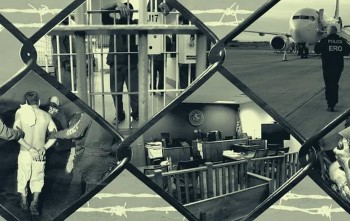 Nationalities Most Affected by Trump's Mass Deportations: Who Are the 11 Million Migrants? Nationalities Most Affected by Trump's Mass Deportations: Who Are the 11 Million Migrants? No complete list of those deported by nationality in 2025 has been made public by the U.S. government. However, according to estimates from the Pew ... |
 Who Is Yunseo Chung? Columbia Student Takes on Trump Administration to Fight Deportation Who Is Yunseo Chung? Columbia Student Takes on Trump Administration to Fight Deportation Yunseo Chung, a Columbia University student, is suing the Trump administration after ICE attempted to deport her despite her lawful permanent resident status. |
 Fact Check: New U.S. Policy on Terminating International Students’ Legal Status Fact Check: New U.S. Policy on Terminating International Students’ Legal Status In early 2025, a U.S. government policy targeting thousands of international students shocked the higher education community. |


